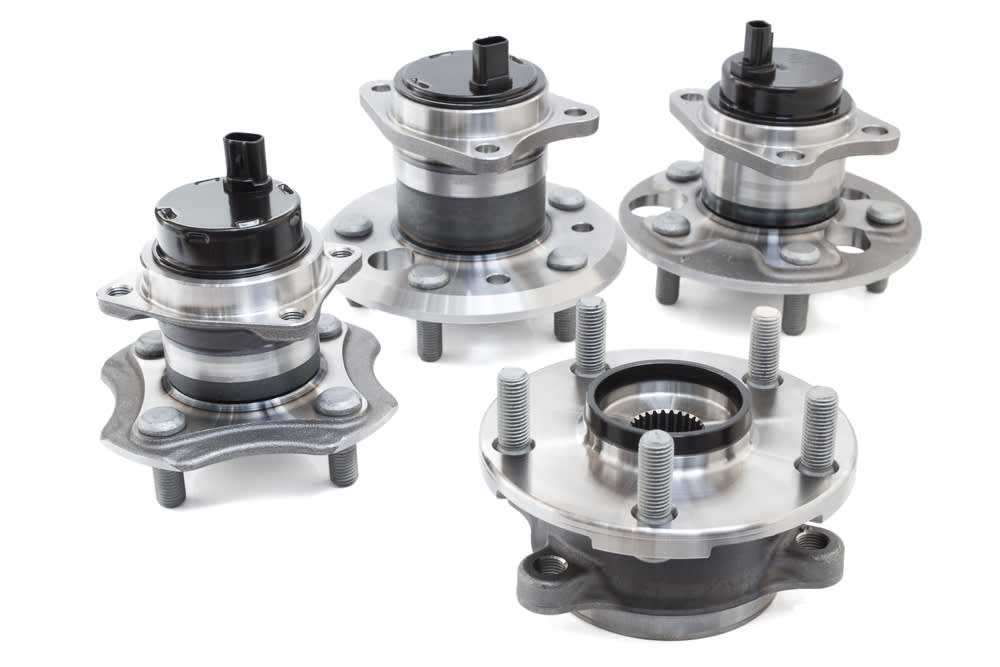

ABS braking systems are common on most new cars. ABS works to control your car’s braking ability under difficult driving conditions that can make it challenging to gain traction. The system consists of valves, a controller, and a speed sensor, all of which work together to make sure that you can brake safely. The function of the speed sensor is to monitor the way the tires rotate, and make sure that the ABS system is triggered if there is any difference or slippage between the wheels. If the sensor does detect a difference, it sends a message to the controller, telling it to engage the ABS, overriding your manual braking.
You use your brakes every day, but your ABS seldom engages. However, since your ABS speed sensor is an electronic component, it is vulnerable to corrosion. You can usually expect to get 30,000 to 50,000 miles out of your ABS speed sensor – more if you don’t drive often, or if you live in an area where your car is seldom exposed to dirt, road salt, or other compounds that can cause damage to electronics.
Signs that your ABS speed sensor needs to be replaced include:
- ABS light is on
- Car slides when you brake hard
- Check Engine Light comes on
- Speedometer stops working
If you think that your ABS speed sensor is not working properly, you should have the problem diagnosed, and the ABS speed sensor replaced if necessary.



